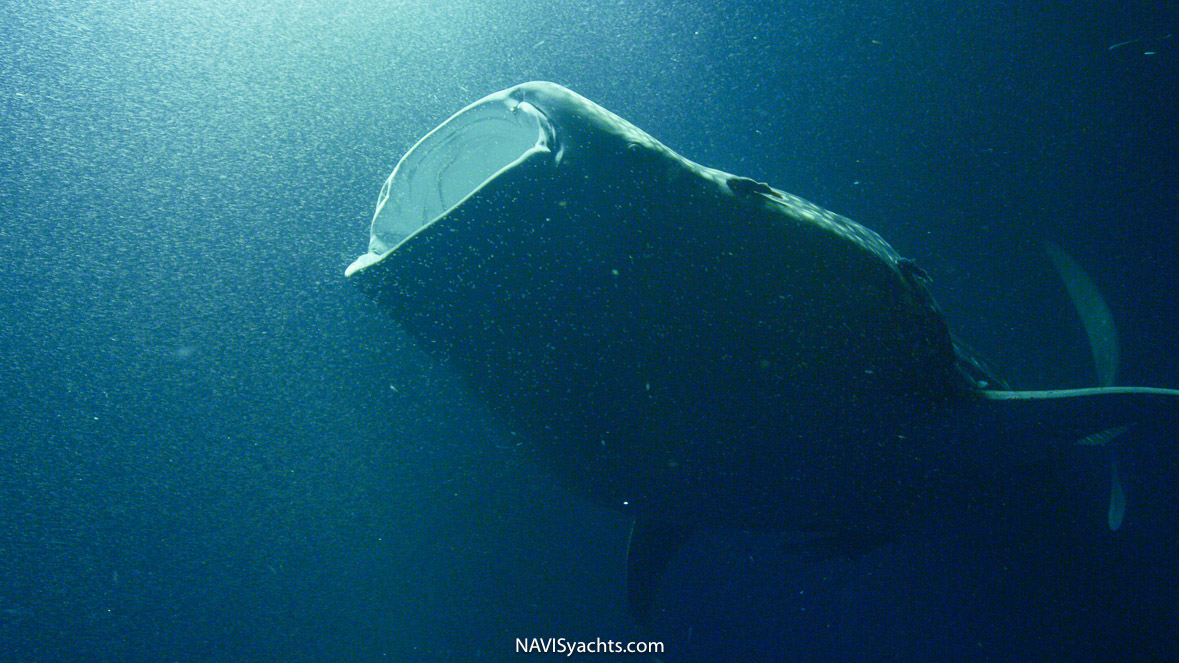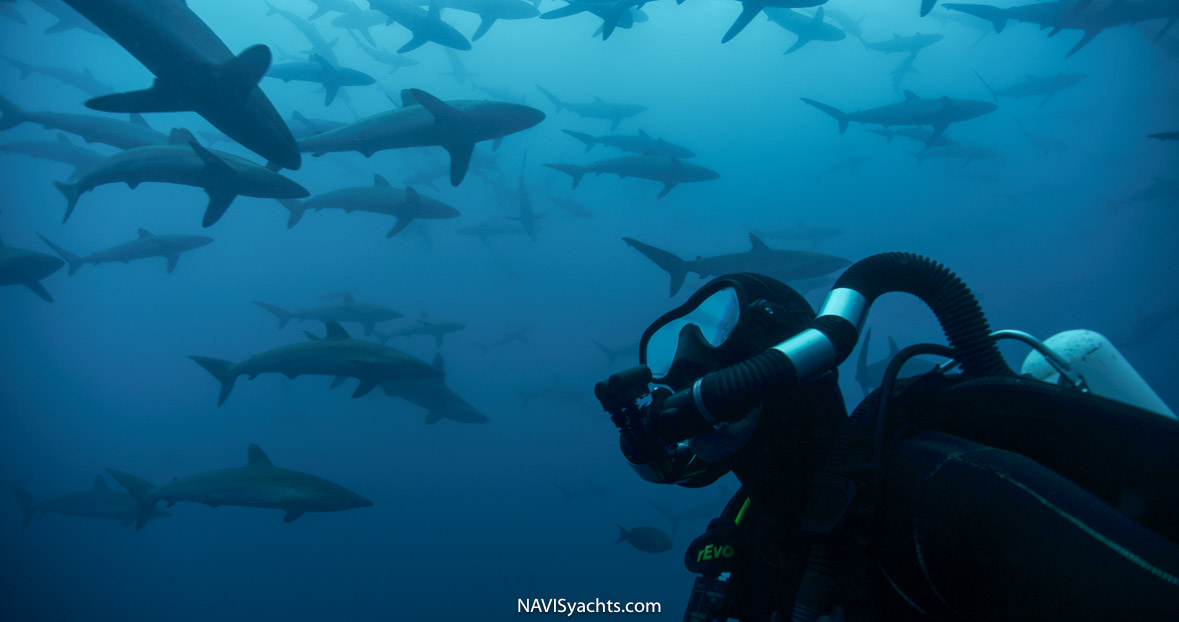Sharks have navigated the earth’s oceans for hundreds of millions of years, long before dinosaurs roamed the lands. With a lineage that traces back 400 million years, these creatures have withstood five mass extinctions, evolving into over 400 species that inhabit our waters today. Despite their ancient origins and evolutionary success, sharks often bear the burden of misconceptions, feared as primitive and ferocious predators. Yet, their true nature is far more complex and deserving of admiration rather than fear.
Sensationalist media and folklore have perpetuated the perception of sharks as mindless killing machines, painting them as the villains of the sea. However, this narrative overlooks the essential role sharks play in marine ecosystems and the remarkable adaptations they have developed over millennia. Sharks are not the indiscriminate killers they are often made out to be; they are, in fact, highly efficient predators that only kill to feed themselves, and more often than not, their hunts are unsuccessful.
The iconic great white shark, often villainized by its portrayal in the movie *Jaws*, exemplifies the complexity and ingenuity of these creatures. In the waters of South Africa, great whites have developed a hunting strategy that is as breathtaking as it is effective, launching themselves at high speeds to surprise their prey from below. Yet, this formidable predator faces threats from human activities, including industrial fishing, which have left some populations, such as those in the Mediterranean, on the brink of extinction.
Their vulnerability often overshadows sharks’ resilience. Across the globe, sharks face the dire consequences of human encroachment and exploitation. The demand for shark fins has led to the decline of many species, with large adult sharks experiencing a dramatic decrease in numbers over the past three decades. Even the largest of their kind, the whale shark, is not immune to the impacts of human activities, with its existence threatened by pollution and overfishing.
Despite the dangers they face, sharks continue to captivate those who encounter them in their natural habitat. My experiences diving with sharks have revealed a side to these creatures that few see. From the electrifying moments spent in the murky waters of Gansbaai, South Africa, awaiting a glimpse of the great white, to the serene encounters with a gentle giant in the clear waters of Guadalupe, Mexico, each dive has offered a window into the world of sharks that challenges their fearsome reputation.
Bull sharks, known for their adaptability and often considered among the most dangerous to humans, exemplify the delicate balance of fear and fascination that sharks inspire. Yet, it is in the remote waters of the Pacific Ocean, around the island of Malpelo, Colombia, where the true spectacle of shark aggregation occurs. Here, hundreds of silky sharks gather in what is known as “the wave,” a phenomenon that remains largely a mystery to scientists and divers alike.
The role of sharks in the marine ecosystem cannot be overstated. As apex predators, they help maintain the health and balance of marine life, regulating the population of species below them in the food chain. The disappearance of sharks could have catastrophic consequences for oceanic ecosystems, underscoring the urgent need for conservation efforts to protect these magnificent creatures.
Sharks are far more than the monsters of myth and movie lore. They are intricate, vital components of the oceanic world, deserving our respect and protection. As we delve deeper into their realm, we uncover the truth about sharks: they are not the villains of the seas but their guardians, playing a crucial role in maintaining the balance of marine ecosystems. Our responsibility is to ensure that sharks continue to thrive in the oceans, for their disappearance would signify a loss far more significant than we can imagine.
Photos, Words: Didier Noirot
Credit: Source link

